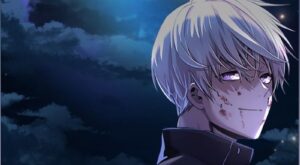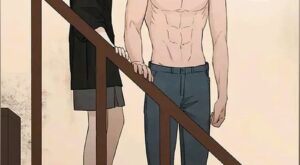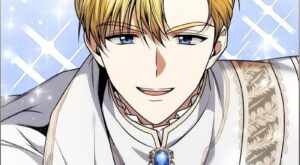The Political Nature of Manga: Exploring Japan’s Influential Medium
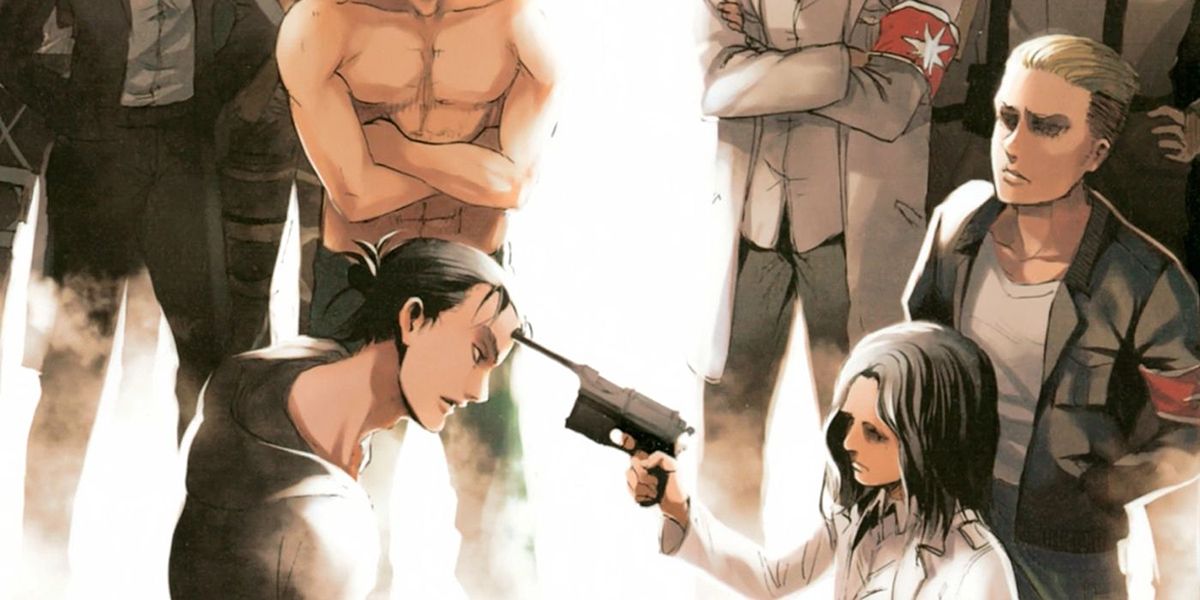
Discover the political themes and messages ingrained in manga, from the anti-war themes of Osamu Tezuka to the social commentary in contemporary series like Attack on Titan. Explore the rich and textured worlds crafted by Japan’s greatest mangaka.
The Political Nature of Manga: Exploring Japan’s Influential Medium
Contrary to popular belief, manga is not devoid of politics. While some Western fans perceive it as apolitical, a deeper examination reveals that politics are ingrained into the medium. From the earliest days of manga to the present, influential creators have utilized political themes, messages, and imagery to craft powerful stories that resonate with readers.
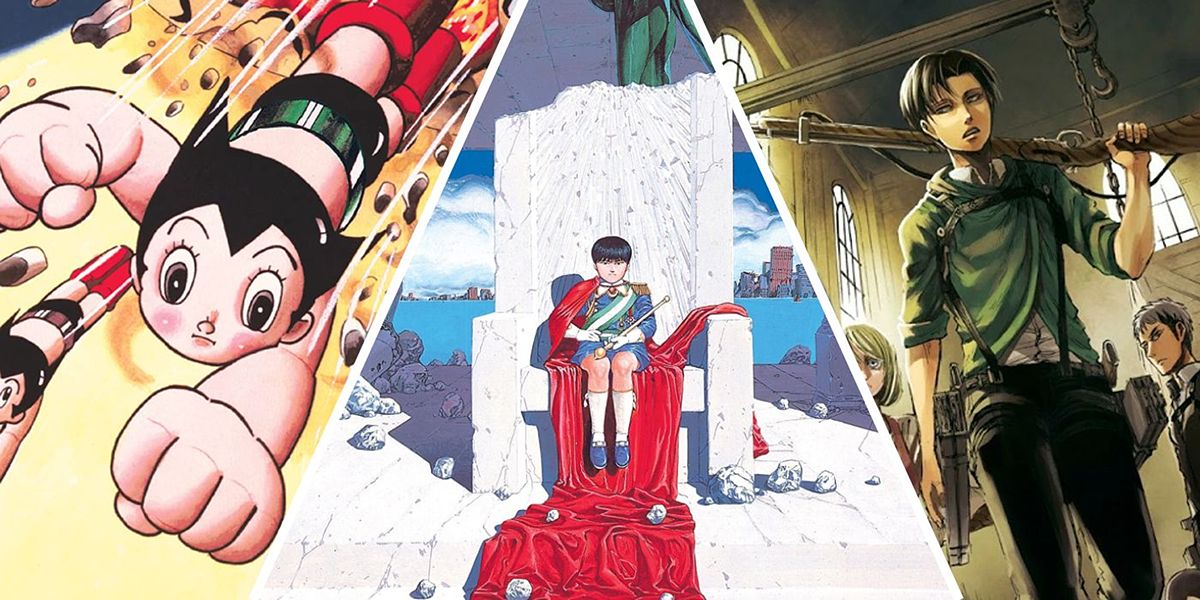
( Credit to: Screenrant )
Manga pioneer Osamu Tezuka, often referred to as the father of manga, incorporated anti-war and pro-environment themes into his work, most notably in his iconic creation Astro Boy. Hayao Miyazaki, renowned director and mangaka, continued this tradition in his magnum opus Nausicaä: Of the Valley of the Wind, which emphasized the futility of war and the importance of environmental preservation. Another notable example is Katsuhiro Otomo’s cyberpunk classic Akira, which critiqued Japanese society in the 1980s, addressing issues such as youth violence, economic inequality, and police brutality.
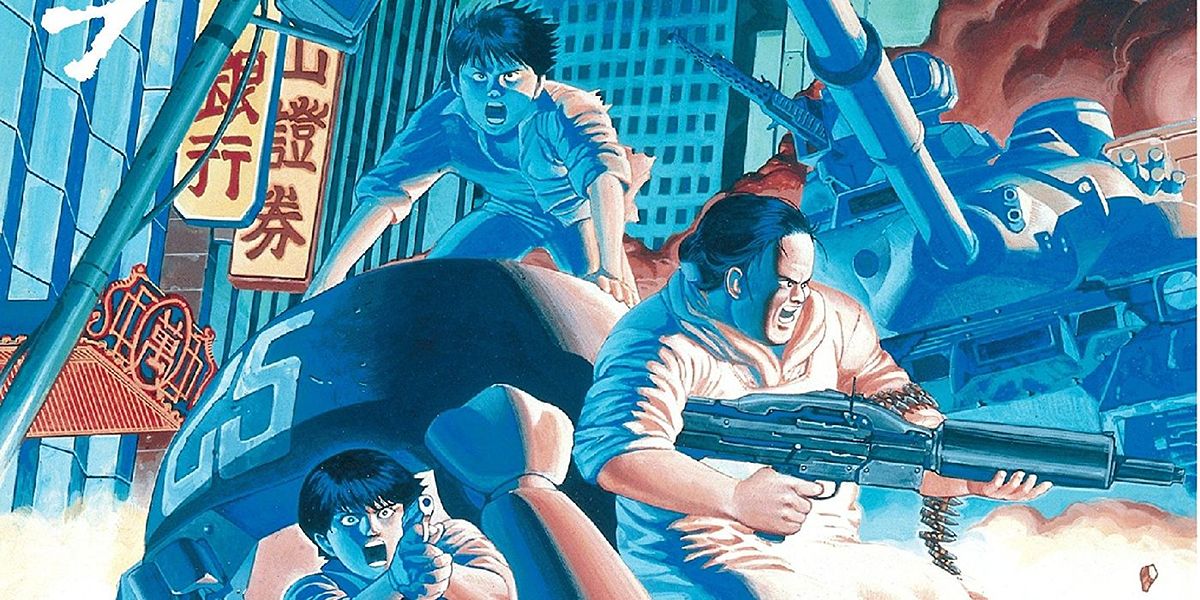
( Credit to: Screenrant )
Contemporary Examples of Political Themes in Manga
Manga creators continue to use politics and social change as inspiration for their works. The inclusion of LGBTQ characters is a notable example, with series like Sailor Moon, Ghost in the Shell, Hunter x Hunter, One Piece, and Attack on Titan featuring diverse sexualities and genders. Attack on Titan, in particular, explores themes of nationalism, militarization, and the radicalization of oppressed groups, drawing on Japan’s complex history with World War II.

( Credit to: Screenrant )
Over the past two decades, manga has embraced a range of political themes. Fullmetal Alchemist’s Ishbalan conflict parallels the War in Iraq, while One-Punch Man critiques the emptiness of a society driven by work. My Hero Academia delves into the pressures faced by young adults to excel and the resulting alienation, while Demon Slayer examines the impact of modernization and societal change in a Taishō era setting.
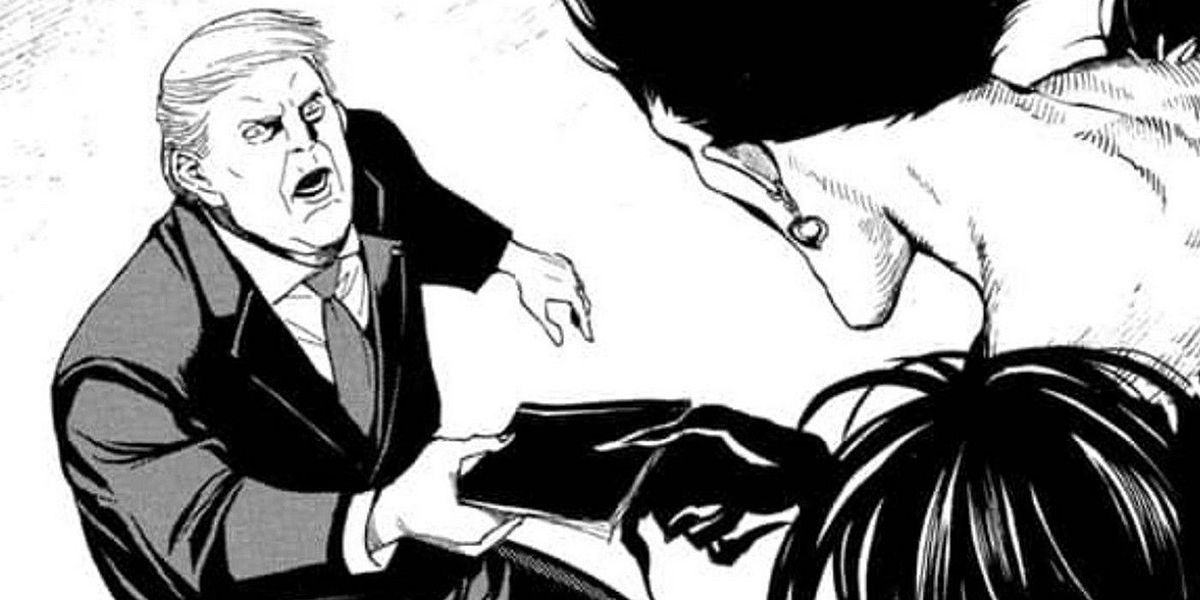
( Credit to: Screenrant )
The Presence of Political Messages in Manga
Even when manga doesn’t overtly express political themes, it still exists within a political context and conveys messages, intentional or not. Works like Dragon Ball may not be as forward with their politics, but they still reflect the values and beliefs of the culture that created them. It is important to recognize and respect the rich and textured worlds crafted by Japan’s greatest mangaka.
Conclusion: Recognizing the Political Nature of Manga
To claim that manga is devoid of politics is not only inaccurate but also dismissive of the depth and complexity of the medium. Politics have been an integral part of manga since its inception, with creators using their works to address societal issues, advocate for change, and reflect the values of their culture. From classics like Astro Boy to contemporary series like Attack on Titan, manga continues to serve as a platform for political expression and social commentary. It is essential to acknowledge and appreciate the political nature of manga and the impact it has on both Japanese and global audiences.

